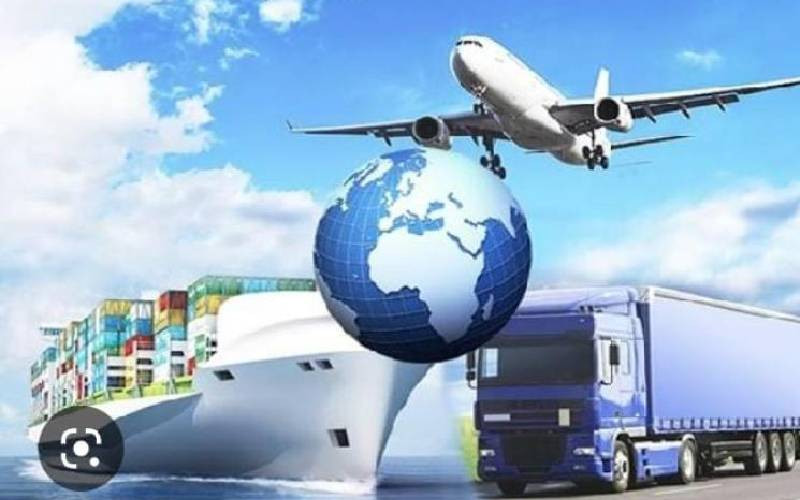×
The Standard e-Paper
Fearless, Trusted News

The shipping industry is vital to logistics, but it faces many challenges. The logistics industry is known as the core of any supply chain and plays a key role in the economy.
When it comes to linking companies to their customers, logistics firms have one of the most crucial responsibilities. As time passes, the evolutionary changes in technology, customer demand and ever-changing legislation create more hurdles for even the largest logistics organizations.